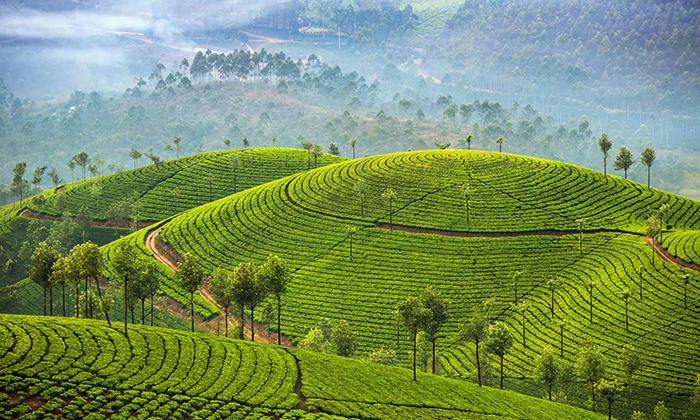See what pesticide ban did to Sri Lanka

If it is possible to learn from the mistakes of others, a moment has come for our parliamentary committees and the Ministry of Agriculture to take a good look at Sri Lanka. For, what better way to implement great policies than by seeing their impact beforehand?
And, as the Kenyan establishment continues to flirt with the idea of banning most of the country’s pesticides, it now has a full example of a country that did it. For, in April last year, Sri Lanka became the world’s first organic-only nation, by banning all agrochemicals.
So no one needs to argue anymore about what it does to agriculture stopping the medicines, the dips, the weed control, or the insecticides. Now, we can see it, as Sri Lanka handles a consequent and colossal food crisis.
This is particularly important, as it clearly cuts no ice pointing out the obvious outcomes of slashing our agricultural production by an estimated 40 percent.
For with organic versus conventional agriculture, it seems no one cares that without pest control mosquitoes spread malaria, termites eat buildings, Fall Armyworm and locusts eat crops, aphids spread viruses that kill plants, and weeds choke 50 percent of yields.
It matters not that keeping one hectare of land weed-free by hand takes an estimated 126 hours a year. It doesn’t matter that rigorous studies across the entire globe have never found any organic model that can produce as much food as conventional farming.
In the US, Department of Agriculture data shows that organic farms produce 67 percent of the yield of conventional farms.
Worse, German organisations have been funding the anti-pesticide campaign in Kenya, yet organic farmers in Germany harvested an average of 48 percent of the produce their conventional peers did, from 2012 to 2019.
So, is that our best future, to cut our yields to 48 percent? Putting Kenya on that path will deliver food not here for eating, extra imports needed — pushing down the value of the shilling and making every import more expensive — and smallholder incomes lost, destroying school fees and personal consumption across 70 percent of the population, thereby firmly ensuring it affects everyone else too.
Which is exactly what is now playing out in Sri Lanka. Indeed, by last month, the New York Times headline was “Sri Lanka’s Plunge into Organic Farming Brings Disaster”.
It’s not a paper that uses the word disaster lightly. But, imagine now, the headline, on Kenya’s disaster: not that we would care about headlines, once we ran a train like that through our entire economy.
Yet, still, we have no impact analysis on banning pesticides — which have, additionally, never been proven harmful: and I say that fully aware of the foreign-funded slogans saying they are killing people. The missing pieces are only scientific evidence and an information regime that penalises NGOs for publishing completely baseless claims.
Sadly, that was the very same with Brexit too, in the UK, as another radical policy decision fuelled by misinformation and factual blindness.
There, one only had to look at the costs of running 1/27th of a very fine medicines agency, or police security system, or air traffic system, or all the rest, and then look at the cost of running, instead, an entire one, free-standing and with no synergies at all, and the costs didn’t add up to savings.
Add to that the lost grants, the collapsed trade regime, the free trade in banking and financial services, and, in fact, in all goods and services, and it would take pathological defiance of reality to call it a financial and economic gain.
But people did, and so now the price is being paid, in the first years of many years of non-stop price.
Do we really want to get into the same kind of learning as that, to go ahead regardless, and to pay the price over and over?
Or could we study what it is about organic farming that means it produces so much less, and weigh up genuine science-based health risks, versus the health risk of starvation and newly extreme poverty?
Tags: Sri Lanka, Pesticides, fertilizers
Read also
The 21st International Conference BLACK SEA GRAIN.KYIV took place in Kyiv on April...
Europe’s fruit farmers worry as unseasonal frosts threaten harvests
Ukraine has 4 million tons of sunseed left by the end of the processing season
The Paris Olympics menu: more French, more local, less meat
Explanatory meetings between the European Commission and Ukraine on agriculture ha...
Write to us
Our manager will contact you soon












